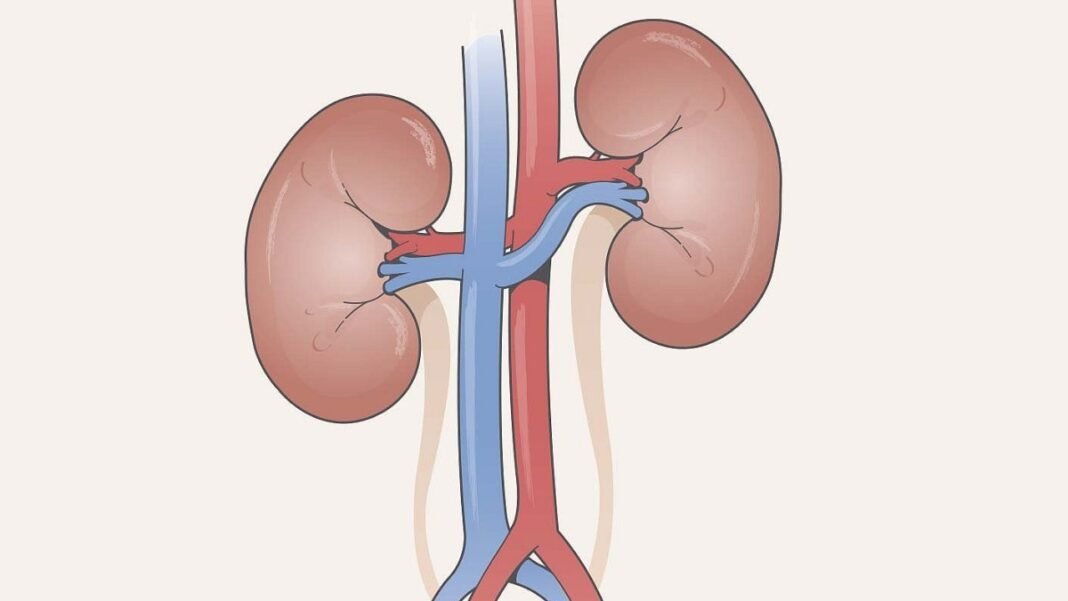No matter the season, cold drinks are a constant favorite for many people, whether it’s scorching summer or chilly winter.
Despite their popularity, the question arises: are they healthy? If you’ve ever heard older people caution against consuming too many cold beverages, you might have wondered why.
They often advise us to steer clear of soft drinks, and it turns out their concerns are valid.
Cold drinks can harm our kidneys, so the next time you head to the store for your favorite soft drink, consider the potential effects on your health.
This article, written by doctors at Hospital in Rewari, sheds light on how cold beverages affect kidney health.
How Do Kidneys Function?
The primary role of the kidneys is to filter waste from the blood and return the cleaned blood to the body.
Every minute, around one liter of blood—about 20% of the blood pumped by the heart—flows through the kidneys via the renal arteries.
After the blood is filtered, it returns to the body through the renal veins.
A healthy kidney plays a crucial role in overall bodily function.
Each kidney contributes to 50% of normal kidney function, and if one is lost, the other compensates, providing up to 75% of the usual function.
How Cold Drinks Affect the Kidneys
Despite their appealing taste, cold drinks negatively impact the kidneys.
These beverages, while enjoyable, can harm vital organs and lead to long-term health problems.
Some critics even compare cold drinks to toilet cleaners, and in several countries, cold drinks are sometimes used as toilet cleaners.
Soft drinks are known to cause a range of diseases such as obesity, heart disease, diabetes, liver damage, dental issues, and stomach disorders.
They are high in sugar, artificial sweeteners, and food coloring, which are detrimental to health, especially to kidney function.
Specific ingredients in cold drinks are particularly harmful to the kidneys, including:
- High Sodium Levels: Sodium is necessary for the body, but excessive sodium intake can lead to chronic kidney disease. Too much salt increases protein levels in urine, a major risk factor for kidney function decline.
- Phosphoric Acid: Excessive phosphorus can bind with calcium, leading to the clotting of blood vessels, lungs, eyes, and the heart. High phosphorus levels can directly damage kidney function, raising the risk of kidney failure.
- Excessive Caffeine: Consuming large amounts of caffeine can cause hypertension, which adversely affects the kidneys and disrupts their function.
- High Sugar Content: Many cold drinks are loaded with sugar, which can spike blood glucose levels. For people with diabetes, poorly controlled blood sugar levels can further harm the kidneys and accelerate the onset of kidney disease.
While consuming cold drinks occasionally might not pose a major risk to kidney health, excessive intake, especially of sugary and artificially flavored beverages, can have a significant negative impact on renal function and overall health, particularly for those with existing kidney issues.
Individuals with kidney concerns should prioritize water for hydration and consult a healthcare professional about their dietary choices.




